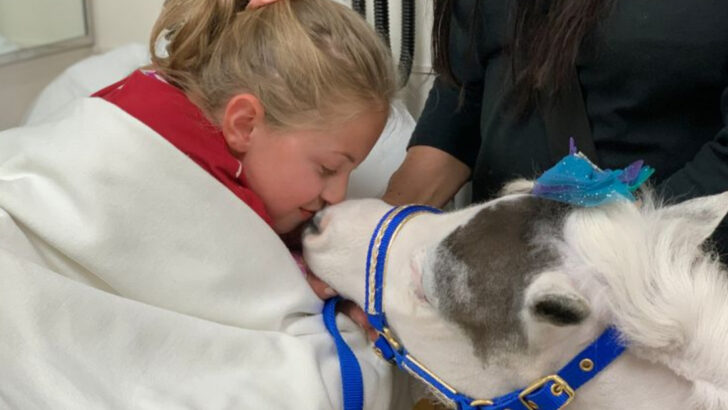Miniature horses might look like storybook pets—but they’re not just tiny versions of the real thing. Behind those fuzzy manes and wide eyes are powerful personalities, unexpected quirks, and a lot more work than people imagine. They fit in a backyard, sure—but they’ll also take over your heart, your routine, and maybe your favorite pair of shoes if you’re not careful. These little charmers can be hilarious, stubborn, affectionate, and occasionally chaotic—all wrapped up in one adorably short package. Thinking about bringing one home? Here’s what most people don’t tell you until it’s too late.
Unexpected Agility
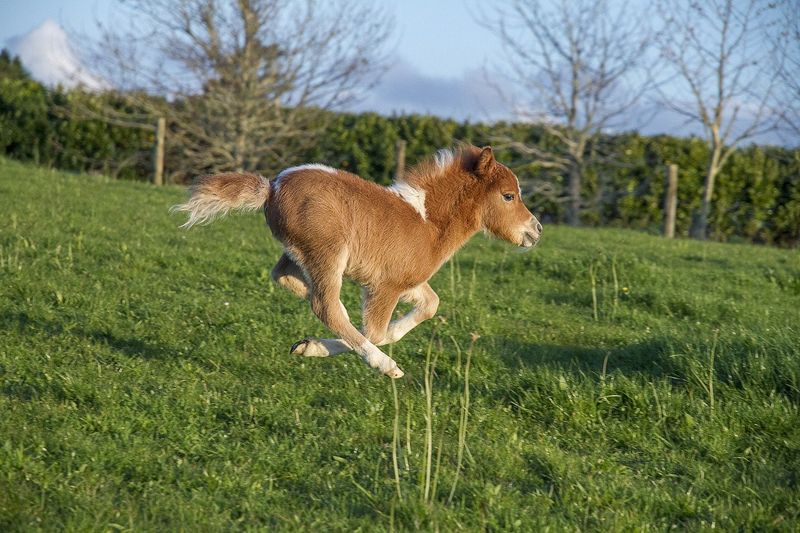
Despite their small size, miniature horses are incredibly agile and can jump surprisingly high. They may even try to escape pastures if not properly fenced. Their athleticism can catch owners off guard, leading to amusing chases through gardens or fields.
Owners often marvel at their horse’s ability to leap over low obstacles with ease. This agility makes them excellent companions for obstacle courses and agility training, which can be a fun and bonding experience for both horse and owner.
However, it’s essential to ensure your yard is secure to prevent any adventurous escapades.
Special Dietary Needs
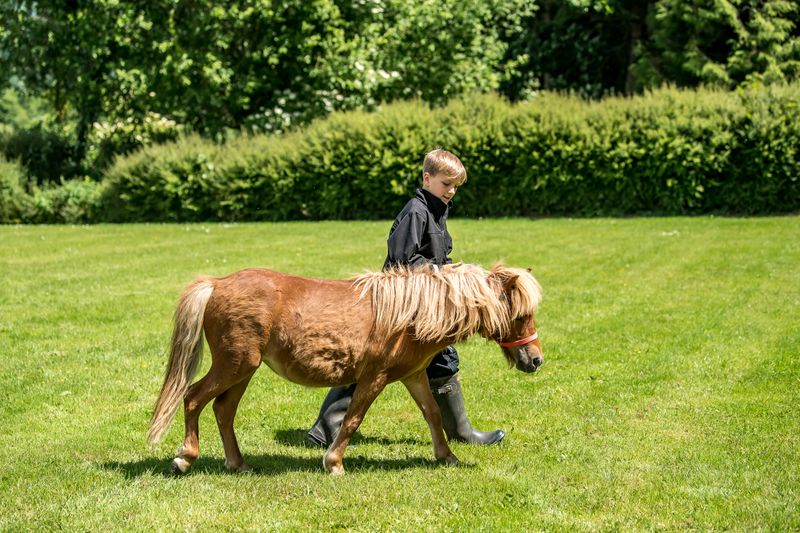
Miniature horses have distinct dietary requirements compared to their larger counterparts. Overfeeding can lead to obesity and related health problems, so their diet must be carefully monitored.
Owners must provide high-quality forage and avoid excessive grains and sugary treats. Portion control is crucial, and veterinary guidance can ensure a balanced diet.
This attention to diet helps maintain their overall health and energy levels. Their digestive system is sensitive, so being mindful of their intake is vital for their well-being.
Grooming Challenges
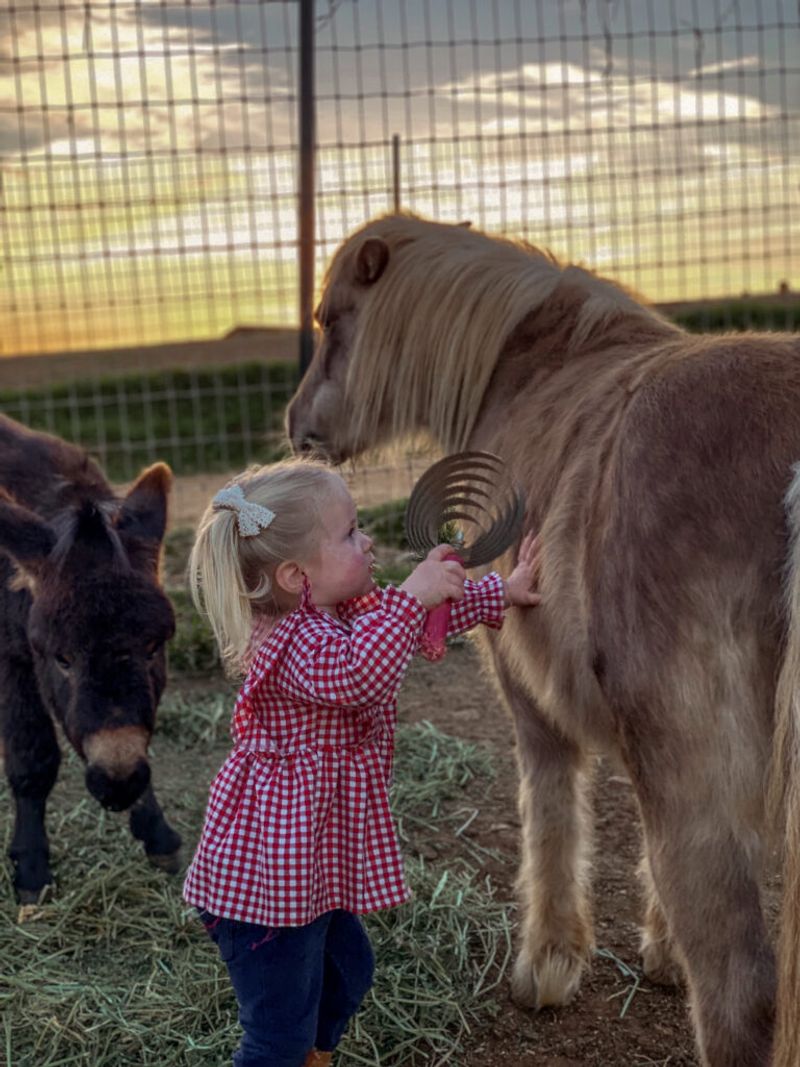
With their dense coats, miniature horses require regular grooming to keep them looking their best. Their manes and tails can become tangled easily, necessitating frequent brushing.
Grooming sessions can be a bonding time, but they also demand patience and consistency. In winter, their thick coats require extra attention to prevent matting and discomfort.
Regular grooming keeps their skin healthy and their coats shiny, making them feel pampered and well-cared for.
Health Monitoring
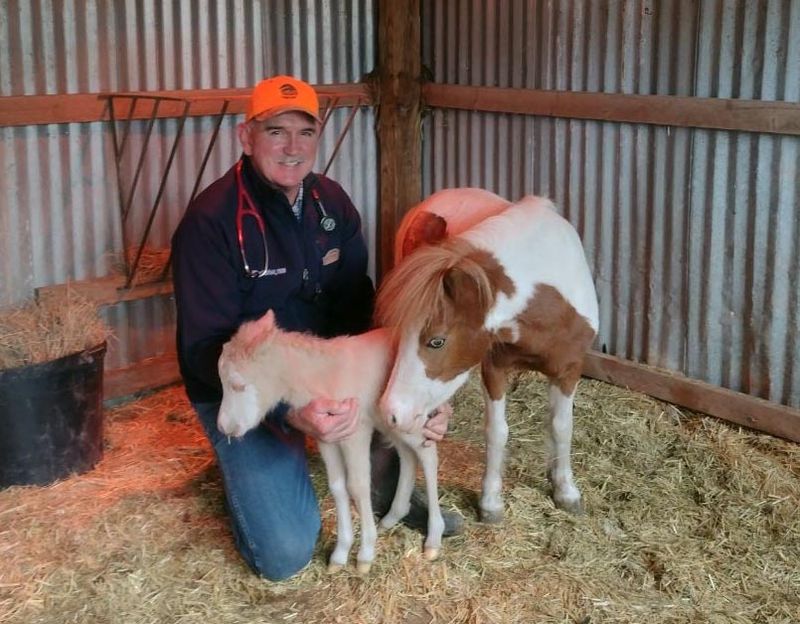
Miniature horses, like all pets, require regular health check-ups. Their small size makes them prone to unique health issues, including dental problems and metabolic disorders.
Regular veterinary visits help catch potential problems early, ensuring a long, healthy life. Owners must also be vigilant about their horse’s weight, as obesity can lead to complications.
Understanding their specific health needs is vital, and working closely with a vet familiar with miniature equines can make all the difference.
Social Creatures
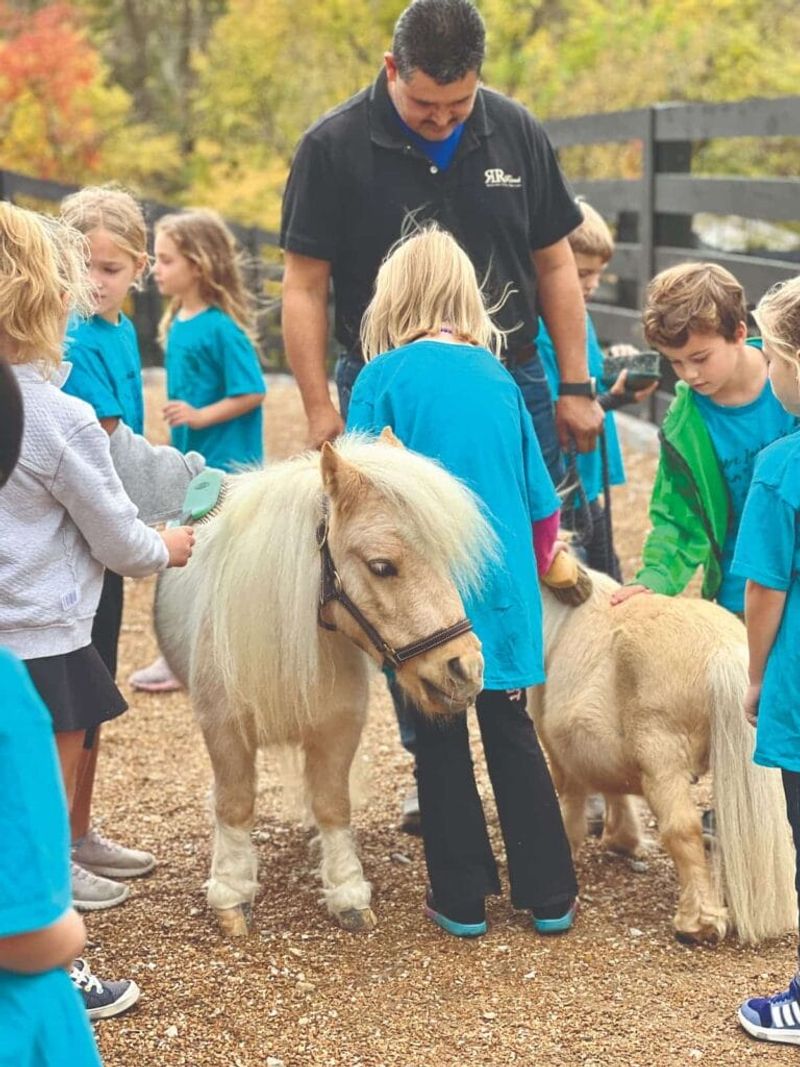
Miniature horses thrive on social interaction, both with humans and other animals. They form strong bonds and can become lonely if left isolated for long periods.
Companionship is crucial to their well-being. Whether it’s another horse, a goat, or regular human interaction, social connections keep them happy and mentally stimulated.
This social nature makes them enjoyable companions, often following their owners around the yard, seeking attention and affection.
Training Opportunities
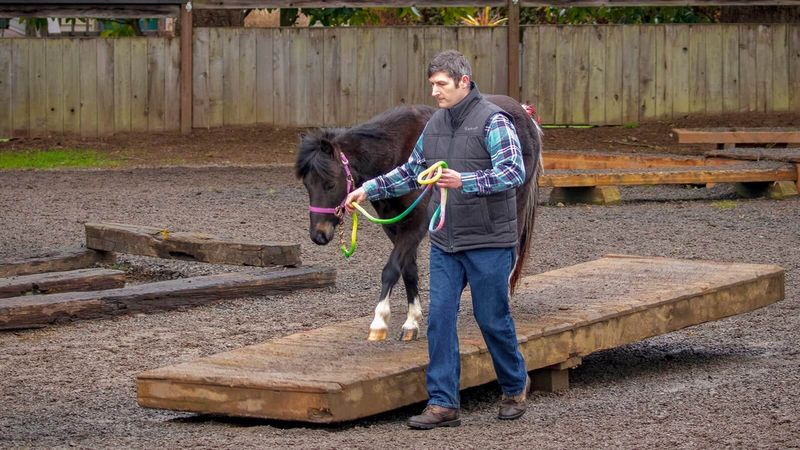
Training a miniature horse is a rewarding opportunity to build trust and understanding. Their intelligence and willingness to learn make them responsive to positive reinforcement.
Basic obedience and trick training can be enjoyable for both horse and owner. Consistency and patience are key to success, and the process can strengthen the bond between them.
Harnessing their natural curiosity and intelligence makes training sessions a highlight of ownership.
Long Lifespan Surprise
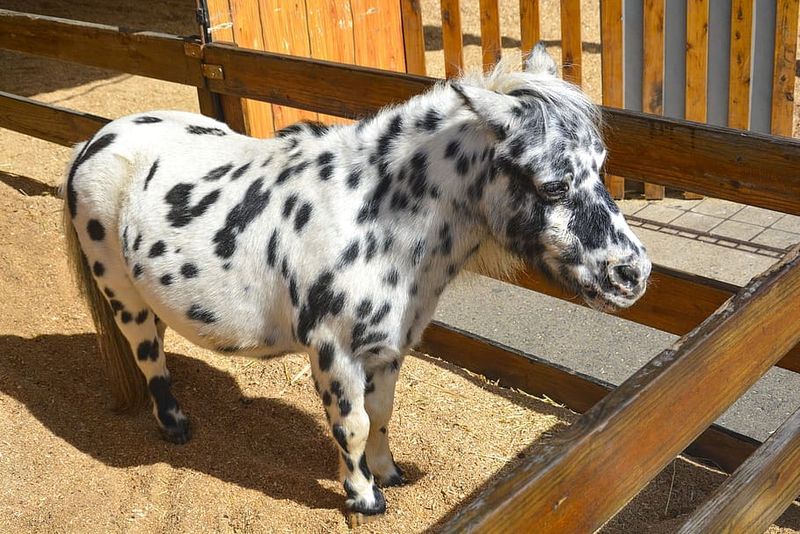
Miniature horses often live longer than expected, with lifespans reaching up to 35 years. This longevity means a long-term commitment for owners.
Understanding this aspect is crucial for potential owners, as it requires planning for their care over many years. Ensuring they have a healthy and active lifestyle contributes to their longevity.
Being prepared for a long partnership offers opportunities for profound connections and shared experiences.
Versatile Companions
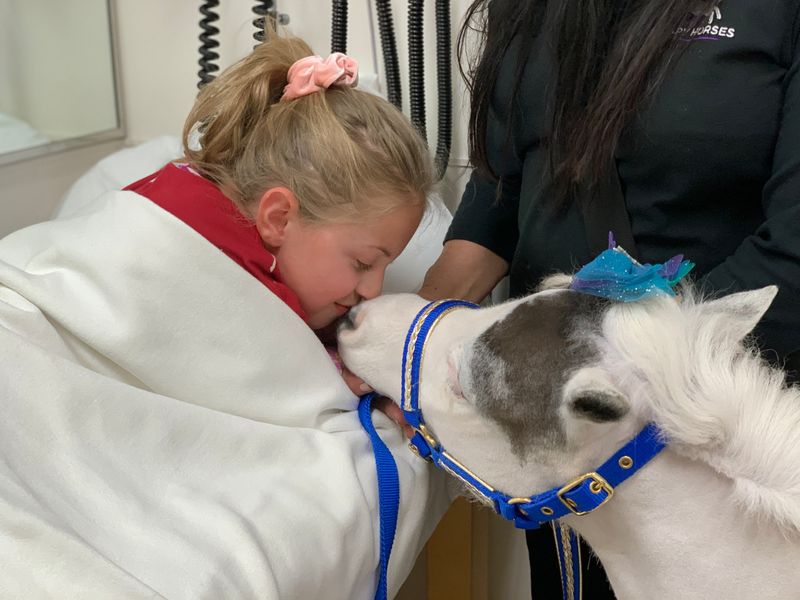
Miniature horses are more than just pets; they’re versatile companions. From therapy work to participating in parades, their gentle nature and adaptability make them suitable for various roles.
Their small size and friendly demeanor allow them to be easily trained for different activities, bringing joy to people of all ages. Engaging in community events can be fulfilling for both horse and owner.
Their ability to brighten a day with their presence is a testament to their unique charm.
Housing Requirements
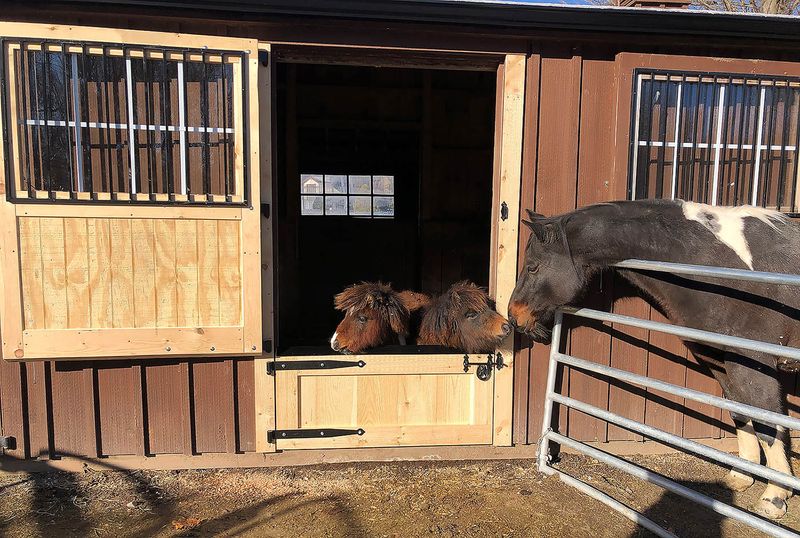
Creating the perfect living space for a miniature horse involves more than just a pasture. They need a shelter that suits their size, offering protection from weather extremes.
Stalls should be secure and comfortable, with ample bedding to keep them warm. Proper ventilation is essential to maintain air quality and prevent respiratory issues.
Providing a safe and cozy environment ensures they thrive, reflecting the care and attention given by their owners.
Unique Personalities
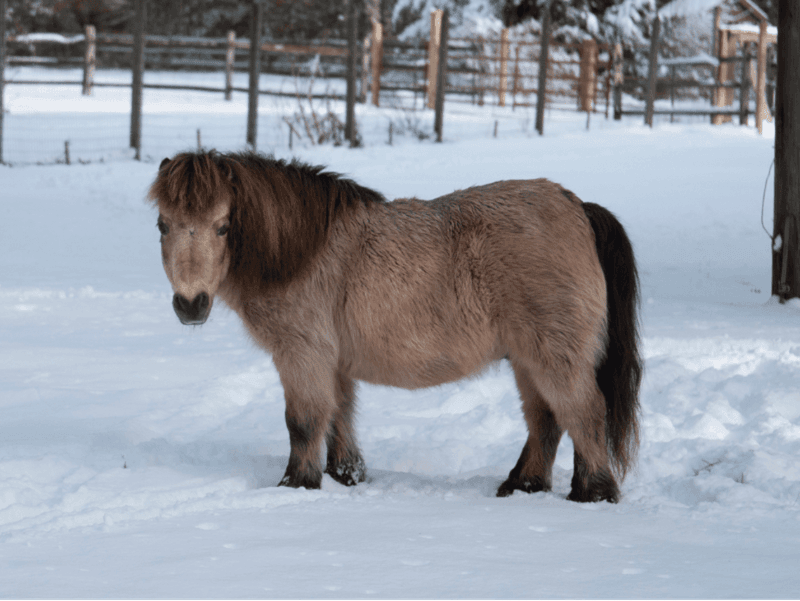
Each miniature horse boasts a distinct personality. From playful to shy, they exhibit a range of behaviors that make them individually charming.
Getting to know their unique traits is part of the joy of ownership. Understanding these nuances helps in training and building a stronger bond.
Their quirks and individualism make them delightful companions, always keeping owners entertained and engaged.
Cost Considerations
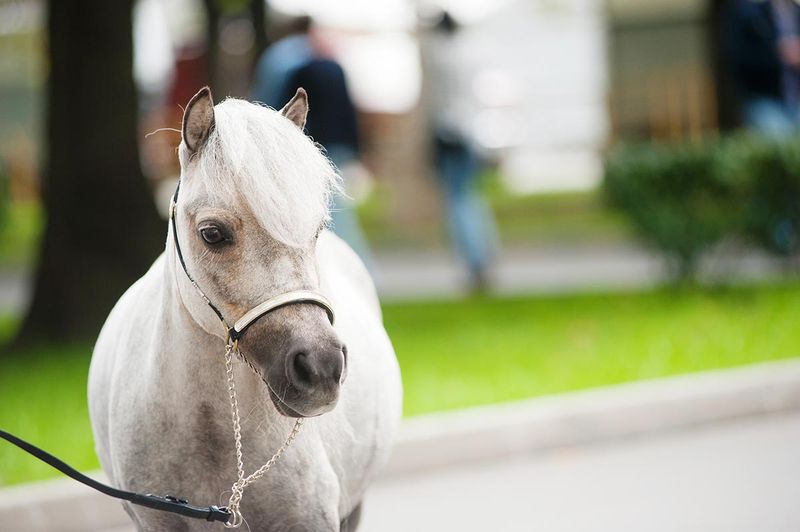
Owning a miniature horse can be unexpectedly costly. Beyond the initial purchase, expenses include food, veterinary care, grooming supplies, and housing.
Budgeting for these ongoing costs is essential to ensure proper care. Unexpected expenses can arise, so a financial cushion is advisable.
Being aware of the financial commitment helps potential owners prepare adequately for a rewarding journey with their miniature equine friend.
Community of Enthusiasts
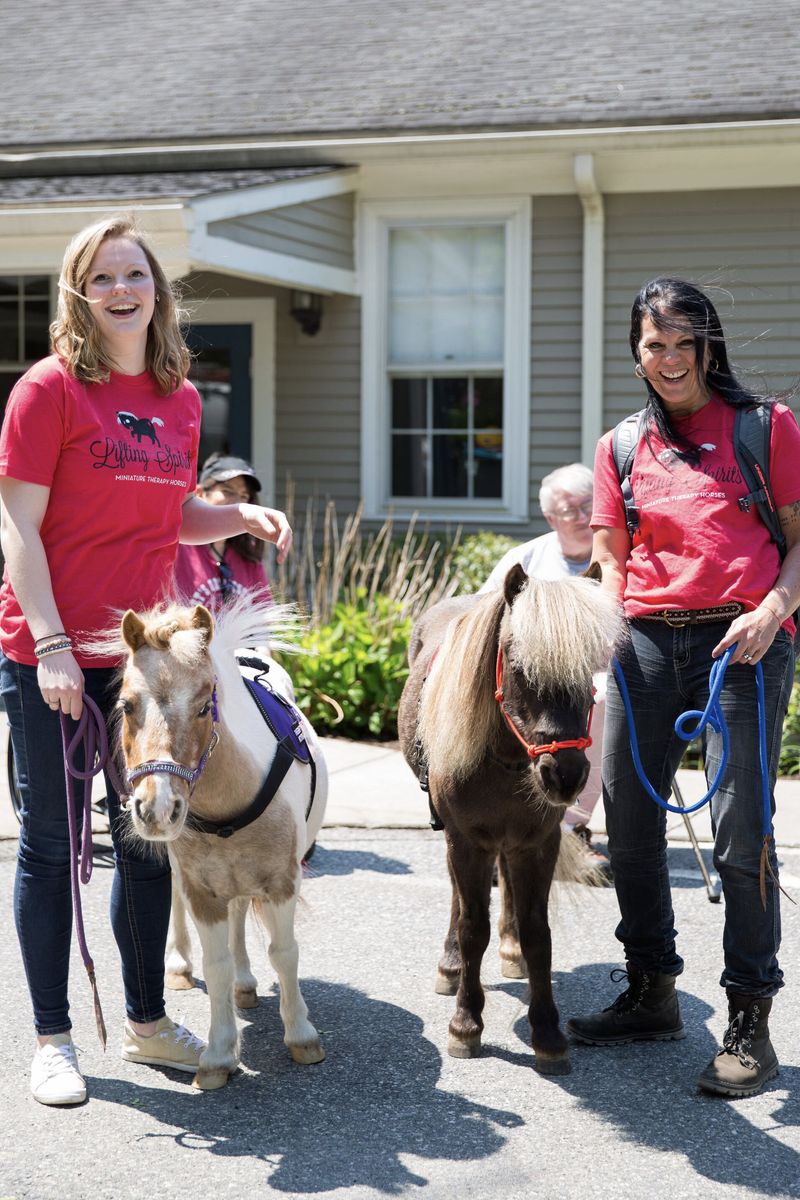
Owning a miniature horse connects you with a vibrant community of fellow enthusiasts. Sharing experiences and advice enriches the ownership experience.
Local clubs and online forums provide opportunities to meet like-minded individuals and participate in events showcasing these charming animals.
This sense of community fosters friendships and support, enhancing the joys of miniature horse ownership.

